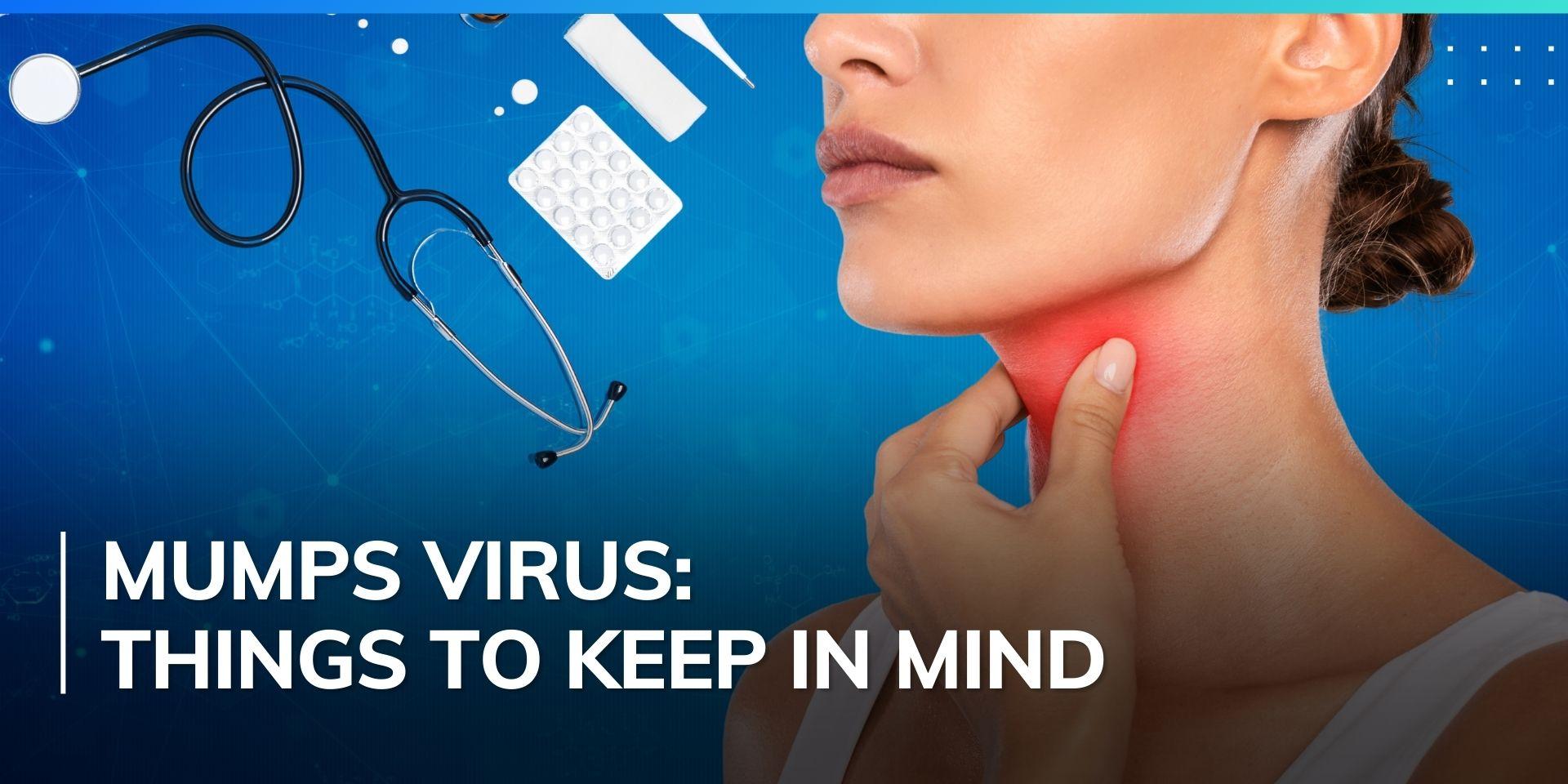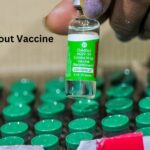Indian Academy of Pediatrics Dr Kiran Agarwal, the chairperson in Delhi told there have been 3-5 cases of mumps in children reported every day.
Mumps is resurging in India, with health authorities in Delhi and the neighbouring National Capital Region (NCR) reporting a significant increase in mumps cases in recent weeks. The contagious viral infection primarily affects children and young adults from ages 18 to 25.https://webtravel.online/
Mumps is an illness caused by a virus. It usually affects the glands on each side of the face. These glands, called parotid glands, make saliva. Swollen glands may be tender or painful.
Mumps are not common in the United States because of vaccines. But outbreaks do happen. People who are not vaccinated are at high risk of infection. Vaccinated people who get mumps usually have milder symptoms and fewer complications.
There is no specific medicine for mumps. Treatment relieves pain and discomfort.
What is mumps?
Mumps is a contagious viral infection that primarily affects the salivary glands, causing them to swell. It is caused by the mumps virus and typically spreads through respiratory droplets from coughing, sneezing, or talking.
Mumps: Symptoms
Mumps is recognised by puffy cheeks and a tender, swollen jaw, caused by swollen salivary glands under the ears, known as parotitis, according to Dr Agarwal and the CDC.Other symptoms include fever, headache, muscle aches, tiredness, and loss of appetite. These symptoms typically appear 16-18 days after infection, with an incubation period ranging from 12 to 25 days.
Prevention
Most people who have had the mumps vaccines, called fully vaccinated, are protected from mumps infections. People who aren’t vaccinated are more likely to get mumps.
For some people, vaccine protection may go down over time. When fully vaccinated people get mumps, they usually have milder symptoms and fewer complications.
The MMR vaccine
The mumps vaccine is a part of the recommended childhood vaccinations. It’s usually given as a combined measles-mumps-rubella (MMR) vaccine. The schedule is:
- The first dose between the ages of 12 and 15 months.
- The second dose between the ages of 4 and 6 years before entering school.
Another version of measles-mumps-rubella (MMR) includes the vaccine against the virus that causes chickenpox, called varicella-zoster virus. But that vaccine, called the measles-mumps-rubella-varicella vaccine (MMRV) is not used for the first dose in the standard vaccination schedule for children.
Extensive studies in several countries have shown that there is no link between the MMR or measles-mumps-rubella-varicella (MMRV) vaccines and autism. The original study that suggested this connection in 1998 was based on scientific errors. That study was removed from the scientific record in 2010.
Extensive reports from the American Academy of Pediatrics, the National Academy of Medicine, and the Centers for Disease Control and Prevention conclude that there is no scientifically proven link between the MMR vaccine and autism.
People who need the MMR vaccine
If you haven’t had two doses or aren’t sure, talk to your health care provider. You may need two doses of the vaccine or a booster. This is especially important if you are in a high-risk setting or in an outbreak. The following people may need proof of vaccination or more doses:
- College students.
- People in the military.
- International travelers.
- Health care workers.
People who don’t need the MMR vaccine
If you’re not sure if you’re vaccinated, a blood test can show whether you have antibodies to mumps. If you have antibodies to the virus, then your immune system would fight a mumps infection and you don’t need another vaccine.
People who were born before 1957 were likely exposed to the virus. They likely are immune to mumps.
The mumps vaccine is made from a weak but still infectious mumps virus. A typical immune system can handle this weak virus easily. But people with immune systems that won’t respond quickly or strongly to the vaccine don’t usually get this vaccine. But there are some exceptions if the benefits outweigh the risks. Also, this type of vaccine is not suggested for people who are pregnant.
Side effects of the MMR vaccine
The MMR vaccine is safe and effective. Most people have no side effects.
If they happen, mild side effects may include:
- Soreness at the site of the shot.
- Fever.
- Rash at the site of the shot.
- Swelling of the glands in the cheeks or neck.
In rare cases, some people may have symptoms such as pain and stiffness in joints, seizures, short-term drop in blood platelets or a rash.
Severe allergic reactions are rare. People who have a severe allergic reaction to the first dose aren’t given a second dose. Also, people won’t get the vaccine if they’ve had a severe allergic reaction to an ingredient in the vaccine.



